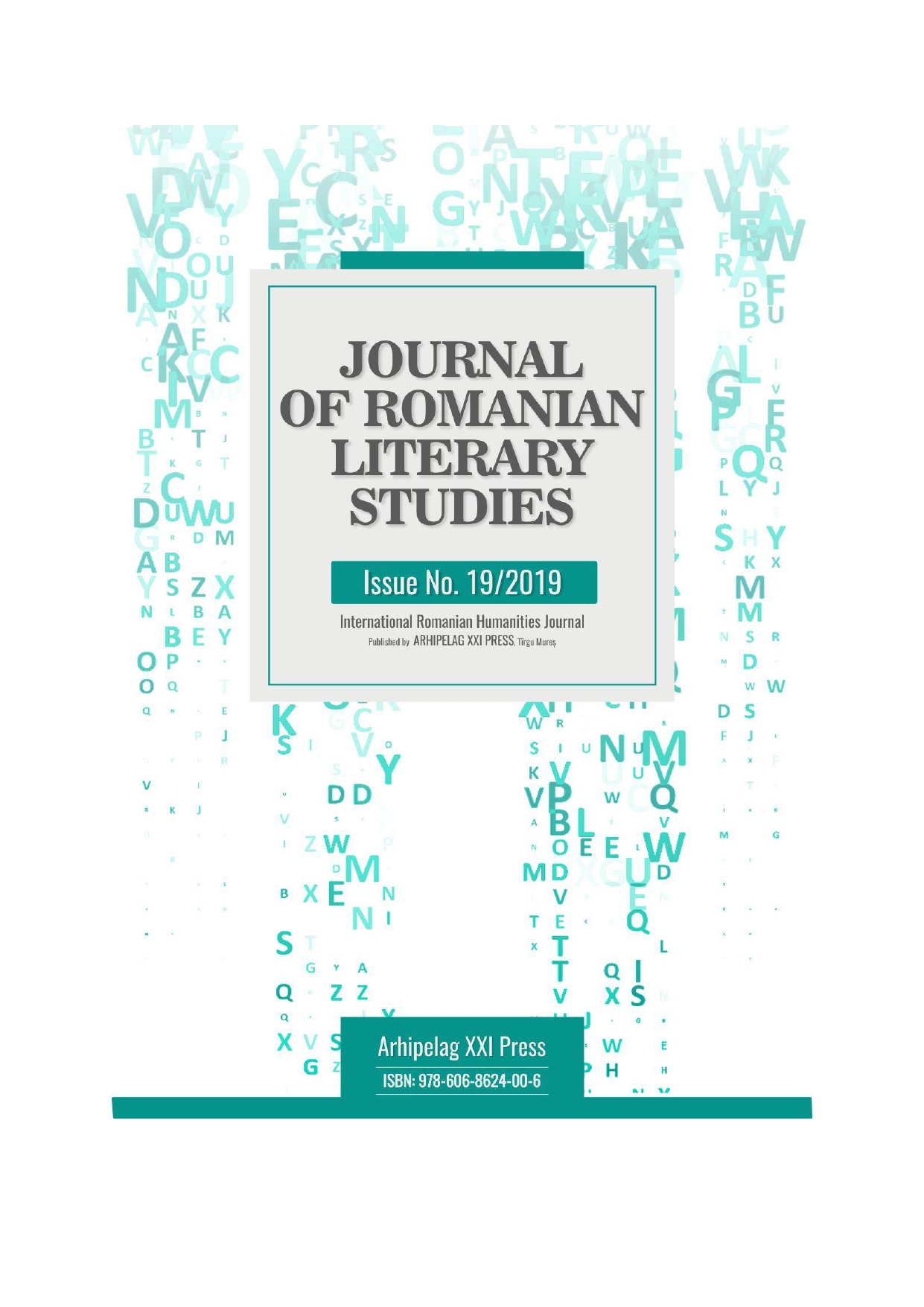ROBINSON CRUSOE. NARRATIVE STRATEGIES AND POSTMODERN REVISIONS. J.M. COETZEE, NADINE GORDIMER AND BESSIE HEAD
ROBINSON CRUSOE. NARRATIVE STRATEGIES AND POSTMODERN REVISIONS. J.M. COETZEE, NADINE GORDIMER AND BESSIE HEAD
Author(s): Nicolae BobaruSubject(s): Literary Texts, Studies of Literature, Philology, Theory of Literature
Published by: Editura Arhipelag XXI
Keywords: rewriting; postmodernism; castaway; postcolonialism; narrative;
Summary/Abstract: The castaway narrative, no matter the period when it was written, reflects and articulates the most significant phases in the development of the Western world. The social, the historical and the cultural levels are the areas where this connection can be best noticed through historical and political events such as the rise and the fall of colonialism. These fictions, re-writing the robinsonade in a postmodern key, are concerned with questioning, undermining and subverting absolutisms, authority, progress, history, reason and ideologies, and they often involve a reimagining of certain historical events or fictional texts. To sum up, many postmodern castaway tales, such as our three texts, incorporate features as irony, allegory, paranoia or pastiche that are operating upon the basic elements withdrawn from Defoe’s Robinson Crusoe, and are transforming the figure of the castaway in a postmodern myth.
Journal: Journal of Romanian Literary Studies
- Issue Year: 2019
- Issue No: 19
- Page Range: 1161-1169
- Page Count: 9
- Language: Romanian

